
Published: Last Updated:
Readtime: 15 min
Every product is carefully selected by our editors and experts. If you buy from a link, we may earn a commission. Learn more. For more information on how we test products, click here.
- Hong Kong has claimed the title of the most expensive city in the world.
- The Mercer annual Cost of Living City Ranking assesses the price of housing, utilities, and household goods in 226 cities across five continents.
- In Australia, Sydney was named the most expensive city.
- The cities that ranked the lowest in terms of living costs were Islamabad, Lagos, and Abuja.
If you’ve been battling the cost of living recently, spare a thought for those living in Hong Kong. According to international financial service company Mercer’s annual Cost of Living City Ranking, Hong Kong is the most expensive city in the world for international workers, just ahead of Singapore and Zurich. The latest data follows a familiar trend, with the three major cities maintaining the same positions in the rankings as last year, however, there were some changes further down the board.
According to the financial consultancy business, inflation and exchange-rate fluctuations directly affected the pay and savings of internationally mobile employees in 2024. This, coupled with heightened economic and geopolitical volatility, has ultimately increased the cost of living and pushed housing, utilities, and tax expenses sky-high.
In Australia, Sydney unsurprisingly took out the title of Australia’s most expensive city, but it didn’t come close to cracking the top 10. That esteemed honour instead went to some of the world’s top tourist destinations, with a few surprises thrown in. From outrageous rental costs to eye-watering prices for drinks and transport, the most expensive cities in the world don’t exactly sound like a holiday, but it may surprise you to learn which destinations top the list.
World’s Most Expensive Cities
Whether you’ve got your eye on New York, Geneva or London, you might want to start saving now. Starting a new life in one of the world’s priciest cities could be…well, pricey. Here is a list of the top 10 most expensive cities to live in, according to Mercer’s annual Cost of Living City Ranking. The ranking lists 226 cities in the world in order, from the most expensive to the least expensive places to live, with Mercer suggesting the comprehensive ranking serves as a “valuable compass” through the intricate landscape of living expenses in cities worldwide.
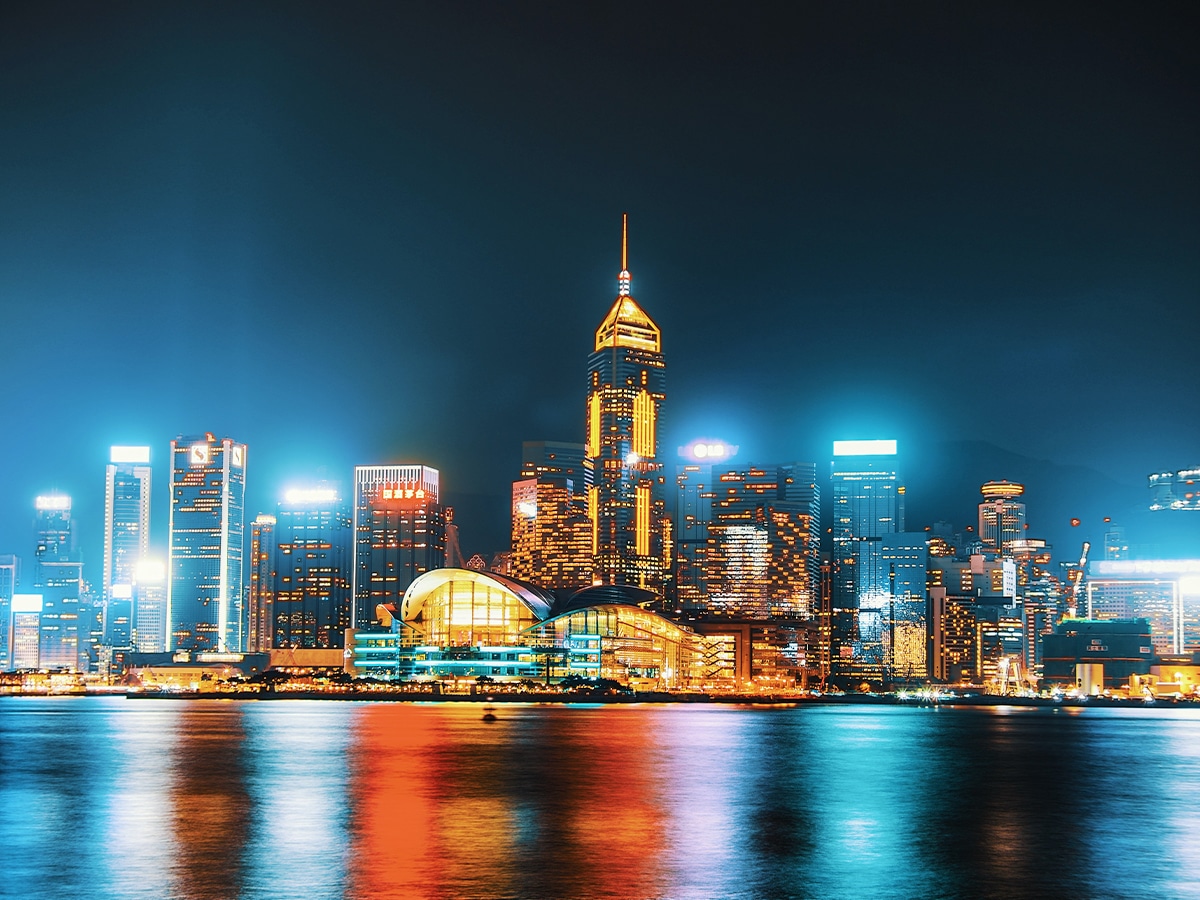
1. Hong Kong, Hong Kong
- Area: 1,114 km²
- Population: 7.482 million (2020) World Bank
- Currency: Hong Kong dollar
- Official Language: Cantonese / English
- Median Salary: HK$435,000 (USD$56,000)
Southeast Asia dominated the list of the most expensive cities in the world for this year, with Mercer reporting that Hong Kong maintained its position atop the rankings. This came largely due to a significant rise in household goods, with the report noting prices for eggs, olive oil, and coffee rose by 13.7 per cent YoY, 25.4 per cent YoY, and 0.5 per cent YoY. Elsewhere, the city’s high housing, transportation, and goods costs pushed expenses up.
This marks the second year running that Hong Kong has taken out the title of the world’s most expensive city, and it’s not hard to see why. The important economic hub serves as a gateway region between Eastern and Western markets, attracting many expatriates, businessmen and brands. The influx of corporate workers and C-suite executives has undoubtedly contributed to the surging cost of goods and represents the main catalyst for the city’s high rental accommodation costs.
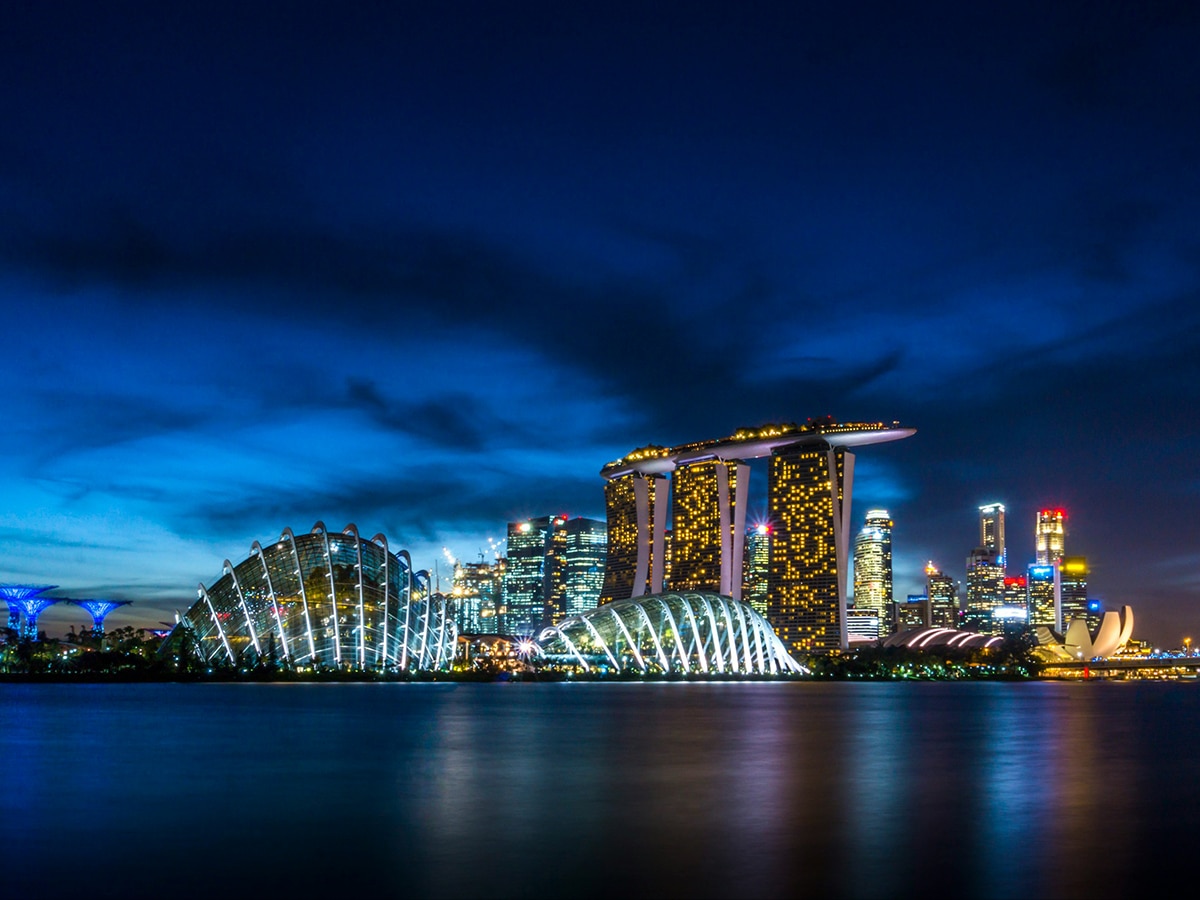
2. Singapore, Singapore
- Area: 735.6 km²
- Population: 6.04 million
- Currency: Singaporean Dollar (SGD)
- Official Language: Malay / English / Tamil / Singaporean Mandarin
- Median Salary: SGD$62,364 (USD$45,600)
Singapore is second in this year’s ranking of the most expensive cities globally, maintaining its position from 2023. Another important economic hub, the Southeast Asian region is often used as a central headquarters for Pacific functions, with several international companies, such as Dyson, operating out of the dazzling city centre. As a result, the city is subject to many of the same economic and housing challenges as Hong Kong, with the large number of expat workers driving demand.
Culturally, Singapore is a remarkable city, largely characterised by its futuristic approach to design and infrastructure. From the luxury retail centres of Orchard Road to the bustling inner-city sanctums of Little India, the diverse, multicultural haven is home to a wide range of charming pursuits for both international and local visitors. Whether you are a local or just visiting for work, it’s critical to take the robust Singaporean economy into consideration. Make no mistake, Singapore is one of the world’s costliest cities, so be prepared.
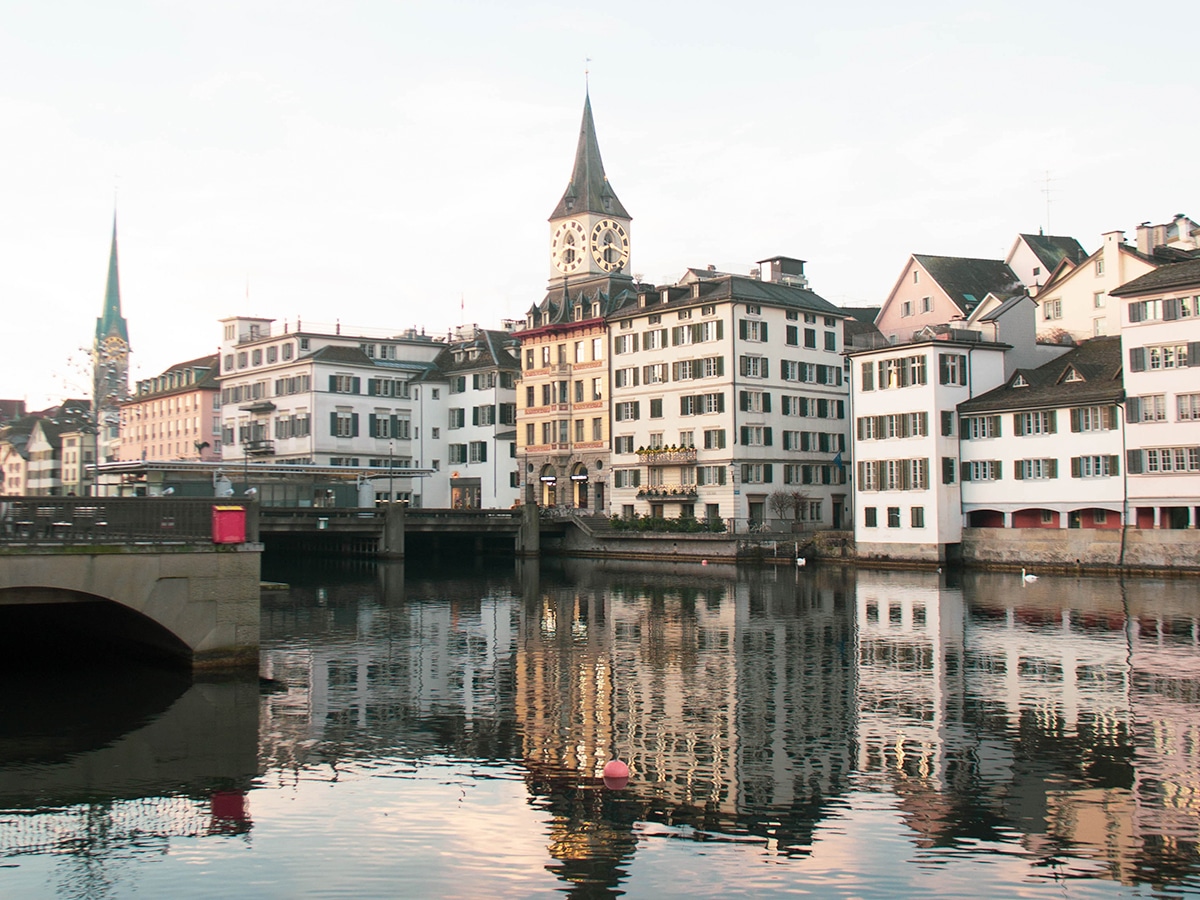
3. Zurich, Switzerland
- Elevation: 408 m
- Area: 87.88 km²
- Population: 402,762 (2017) United Nations
- Canton: Zurich
- Official Language: German
- Median Salary: CHF84519 (USD$93,000)
It’s no secret Switzerland is a country for the rich, it’s why it has not one but four entries in the top 10 most expensive cities to live in, but Zurich stands above the rest. The country’s financial capital is home to a number of the largest banking institutions in the world, thanks to a robust economic disposition, favourable regulatory framework and well-developed infrastructure. In recent times, the largely German-speaking city has garnered thousands of expat workers, significantly increasing demand for housing and driving rental prices to exorbitant highs.
From a lifestyle perspective, Zurich offers a remarkably high quality of life. The city regularly appears in the top 10 in quality, safety and connectivity indices, representing an attractive region for young professionals in the finance sector. Along with attracting some of the world’s richest people, Zurich also has some of the highest salaries in the world – perhaps this can be credited to all those big banks that are headquartered there.
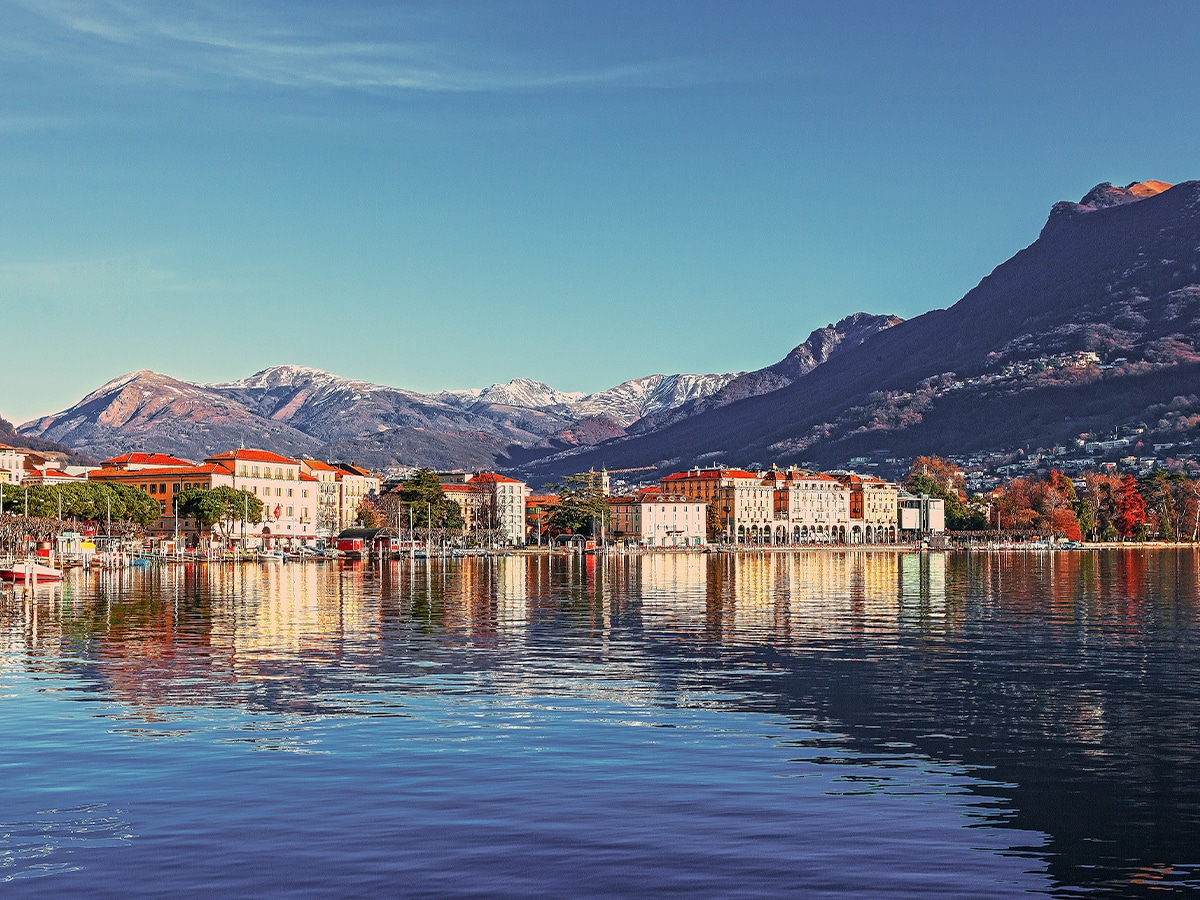
4. Geneva, Switzerland
- Elevation: 375 m
- Area: 15.93 km²
- Population: 198,979 (2017) United Nations
- Canton: Geneva
- Official Language: French
- Median Salary: CHF81683 (USD$90,000)
The second entry from Switzerland, Geneva, has long held a reputation for class and sophistication. The central hub for the luxury watch industry; Geneva is home to brands such as Rolex, Patek Philippe and Piaget, however, it is city’s association with other international bodies that has seen prices here skyrocket. Enterprises such as the World Health Organisation, the United Nations’ European and the European Organisation for Nuclear Research (CERN) all boast international offices in this region.
As with most cities in Switzerland, Geneva offers expats an easy and safe transitionary lifestyle, complete with internationally recognised restaurants, a bustling social scene, and state-of-the-art homes. Walk down one of Geneva’s pristine streets and duck into one of the local grocery stores; you will be left with no questions as to why it’s one of the most expensive cities to live in.

5. Basel, Switzerland
- Elevation: 261m
- Area: 37 km²
- Population: 173,064
- Canton: Basel-Stadt
- Official Language: German
- Median Salary: CHF78183 (USD$86,000)
Located in the northwest of Switzerland in the border triangle between Germany, France and Switzerland, Basel is a historic city that looks straight out of a fairytale. It boasts the highest density of museums in the country and, in recent years, has emerged as a tourism hotspot, largely thanks to annual activations such as Art Basel which is held every June. For expat workers, however, the city of Basel is popular due to its aforementioned geographic profile.
With two separate countries just a hop, skip and jump away, Basel represents a unique middle-ground that allows for ease of travel, however, it doesn’t come without a cost. In fact, a 2021 report from the Swiss Federal Department of Foreign Affairs found that consumer prices had risen 54 per cent higher than those of other countries in the European Union. That same year, Swiss citizens could save about 15 per cent of their annual income, or about $11,300.
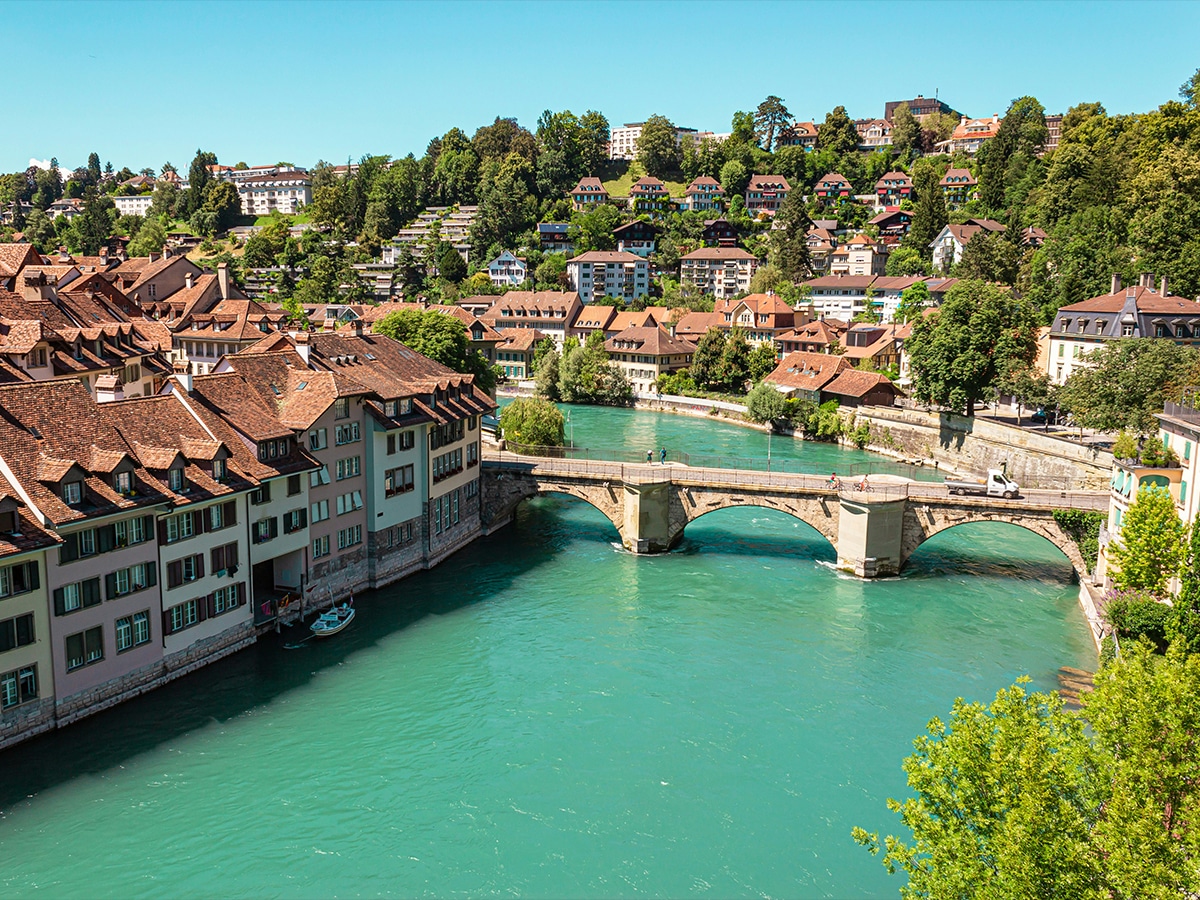
6. Bern, Switzerland
- Elevation: 540m
- Area: 51.62 km²
- Population: 134,290
- Canton: Bern
- Official Language: German / French
- Median Salary: CHF77140 (USD$85,000)
Bern, Switzerland’s fourth entrant in the top six, is a captivating city that has represented an intriguing option for expats and international workers for years. Found in the centre of the country, Bern walks the line between bustling European capital and small-town coziness, offering a rare respite from the traditionally economic-focused regions of Zurich and Geneva—and the statistics don’t lie.
Over 30 per cent of the German-speaking city’s residents identify as foreigners, an increase of around 5 per cent on the national average. Importantly, Bern is considered one of the safest capitals in the world, with crime rates significantly lower than those of Basel, Solothurn, Zurich, and Geneva, however, the cost of living conditions are hefty. The wider metropolitan area remains expensive and the world-renowned University of Bern is among the most highly competitive in the world, surging demand for affordable housing.
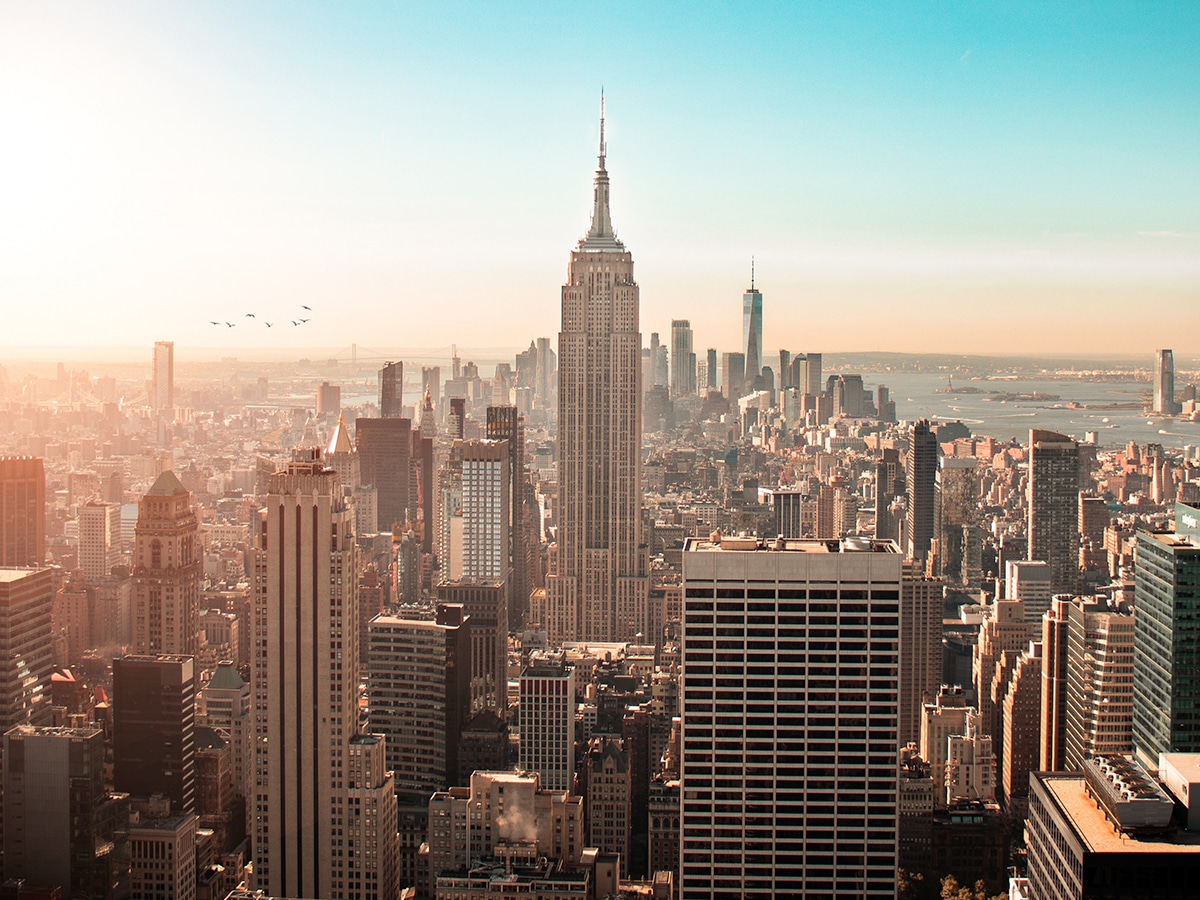
7. New York, USA
- Land area: 783.8 km²
- Elevation: 10 m
- Population: 8.38 million (2020)
- Official Language: English
- Median Salary: USD$65,673
One of two North American cities to place in the top 10, New York is the land of opportunities, which no doubt attracts hordes of people from the USA and the rest of the world alike, all battling it out to make a name for themselves in the city. As such, it’s no surprise that it’s such an expensive city to live in – everyone wants a bite of the Big Apple.
According to recent reports, the average person will need around USD$1,238 per month to live comfortably in New York, excluding rent. While that might sound like a significant figure, it’s worth noting that New York’s average monthly salary is USD$6,729, which would make a comfortable lifestyle possible with some financial planning. Finding a place to stay, however, remains the most pressing challenge.
New York’s rental market is notoriously competitive and when you consider that the city has one of the highest health insurance costs in the country, the price starts to increase. That being said, New York is the home of Broadway and one of the best cities in the world for entertainment and leisure. Great restaurants, stunning rooftop bars and a host of underground clubs await, provided you can pay for it.
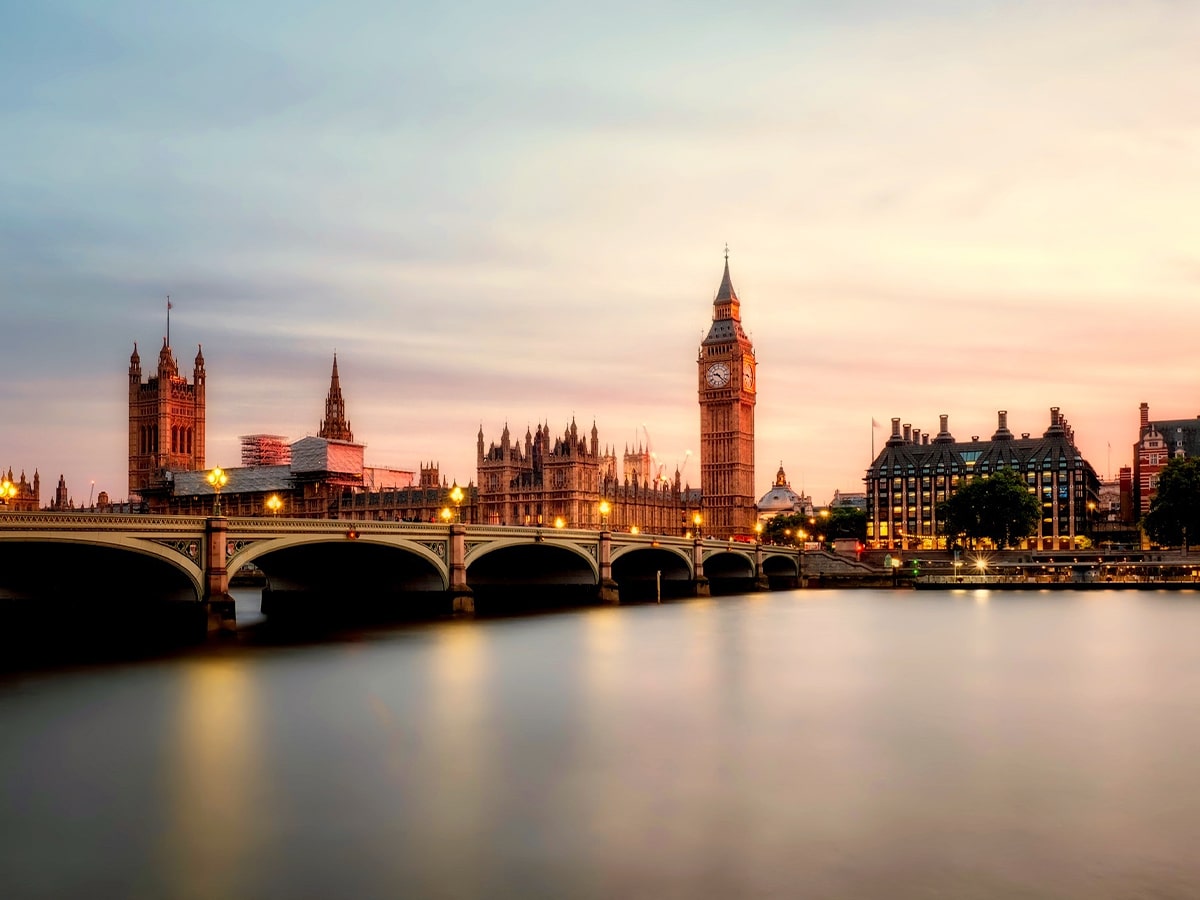
8. London, United Kingdom
- Area: 1,572 km²
- Elevation: 11 m
- Population: 8.982 million (2019)
- Official Language: English
- Median Salary: GBP47,455 (USD$59,200)
The city of dreams, London, has made a name for itself as the eighth most expensive city in the world. Like New York, plenty of people from all corners of the world flock to the UK city with bright eyes, hoping to establish a career, find fame or just simply live the life Londoners make look so damn nice. London’s rent and public transport prices are some of the most astronomical in the world, which is why you need lots of cash if you want to build a comfortable life for yourself here. Unlike New York, however, salaries aren’t as forthcoming.
The median salary for those living in London is GBP47,455 (USD$59,200) and with expenses such as the Immigration Health Surcharge (IHS), public transport, taxes and groceries charged regularly, there isn’t always a lot left over for leisure. As such, many of the city’s residents live on the outskirts of the enormous central district, with outer suburbs such as Camden, East Ham, and Barking and Dagenham representing greater value-for-money.
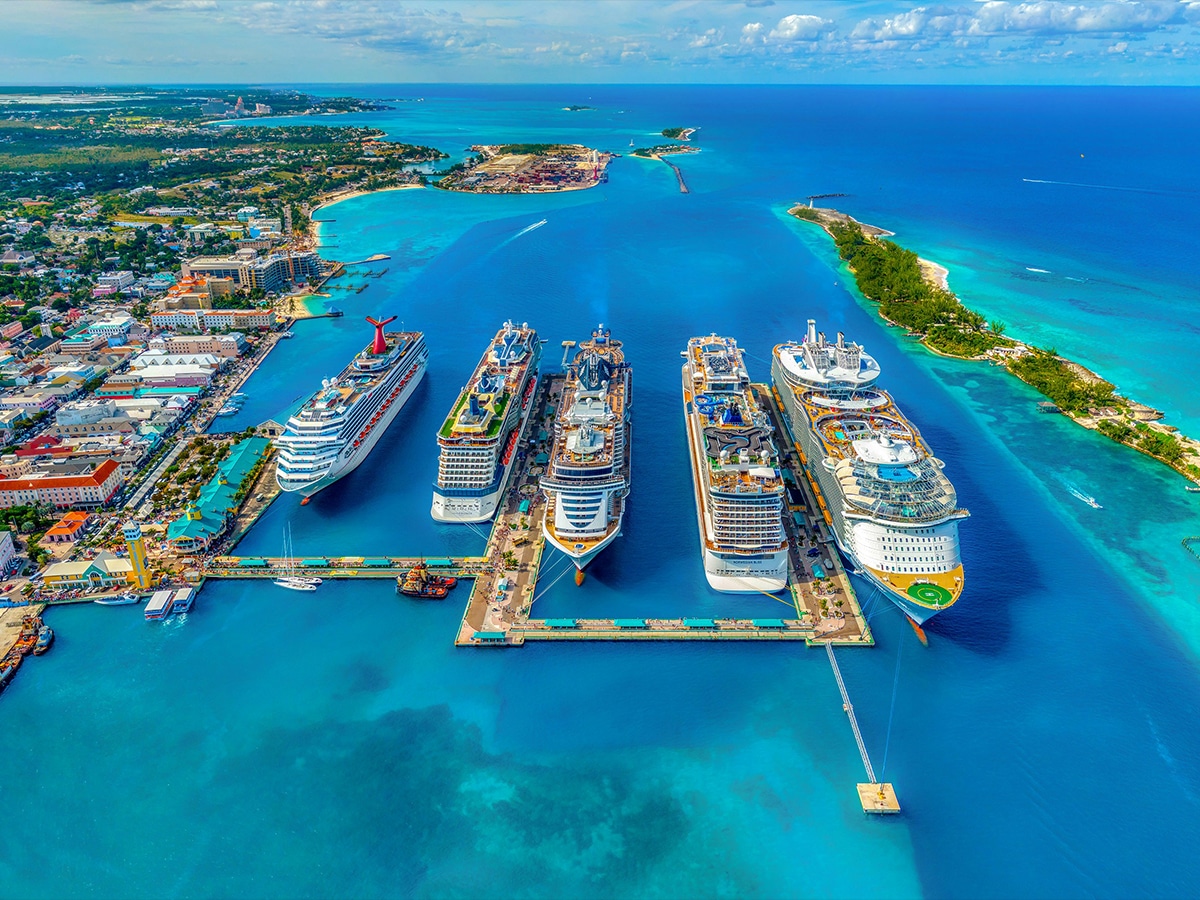
9. Nassau, The Bahamas
- Area: 207 km²
- Island: New Providence
- Population: 316,866
- Official Language: English
- Median Salary: BSD$46,800 (USD$46,800)
If you have never heard of Nassau, you must not be the captain of a cruise ship. The capital of The Bahamas, Nassau, is located on the island of New Providence and offers some of the most stunning natural vistas on the planet. As a large region with an established tourist trade, a vast number of those residing in Nassau are short-term visitors, which has contributed to the rapidly rising cost of living. Furthermore, the city’s proximity to Paradise Island, a small but developed island off Nassau that has been transformed into a gambling and leisure hotspot, has significantly increased demand for accommodation.
Nassau does offer a range of perks for expats despite its high cost. The Bahamian economy is primarily driven by tourism and offshore banking, and many foreigners are lured in by the region’s tax-friendly policies. In Nassau, a one-bedroom apartment in the city centre will set you back around BSD 1,000-3,000 per month, which equates to about the same in USD.
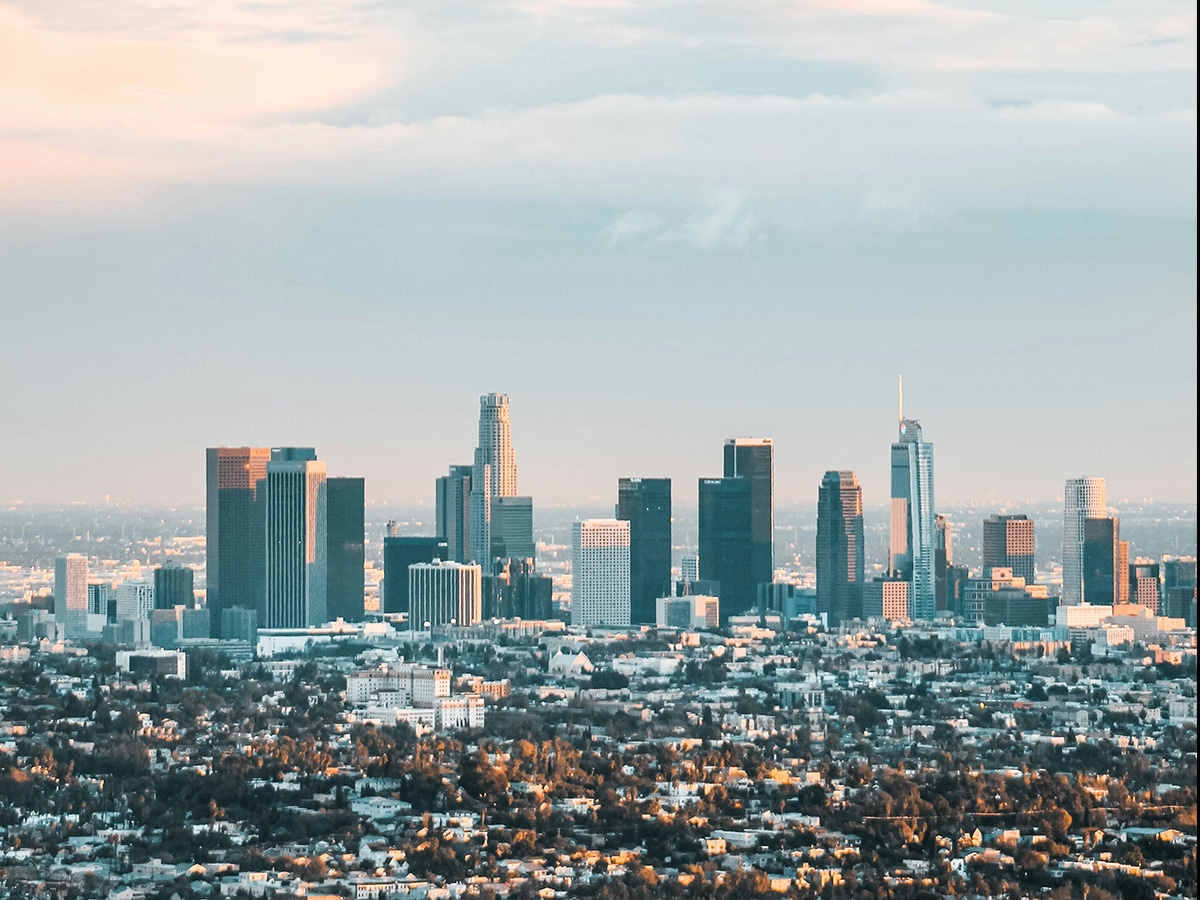
10. Los Angeles, United States
- Area: 207 km²
- Island: New Providence
- Population: 316,866
- Official Language: English
- Median Salary: USD$72,384
A huge, sprawling urban oasis, Los Angeles is one of the most iconic cities in the world and, according to the Mercer Cost of Living report, also one of the most expensive. The region, located in the south of California, encompasses the central city, alongside more than 90 other incorporated townships such as Beverly Hills, Pasadena, and Long Beach. The two formers are largely where the costs start to pile up.
Reports suggest that the cost of living in Los Angeles is around eight per cent higher than the state average and 50 per cent higher than the national average. This is primarily due to the viciously competitive housing market, where real estate is a whopping 137 per cent more expensive than the average American home. Like New York, healthcare services such as doctor check-ups and dentistry are also more costly in Los Angeles, making the bare necessities of staying happy and healthy more expensive than ever. What can you say? That’s Hollywood, baby.
Most Expensive Cities in the World – Full List
Insights
In addition to the ranking, the Mercer annual report also provides a range of valuable insights into global economic conditions. The financial business acknowledged that recent geopolitical volatility, such as that seen in Ukraine and Russia, combined with natural disasters and local conflicts, has ultimately led to an increase in additional expenses. In the case of higher-ranking cities such as Hong Kong and Zurich, expensive housing markets, high transportation costs, and higher costs of goods and services have all contributed to high living costs.
More broadly, the report indicated that Western Europe was among the most expensive regions in the world, laying claim to five of the top 10 cities. Elsewhere, Southeast Asian cities also proved to be heavy on the wallet, with Hong Kong and Singapore remaining in the first and second positions.
Housing Affordability
Globally, volatility in the cost of housing has proven to be the most significant factor in discussions on the cost of living. The report outlined the varying rate of housing rental prices between cities, noting that the Turkish city of Istanbul saw an average price increase of 301 per cent, while Tel Aviv saw a decrease of 22 per cent and Minsk, Belarus, saw a decrease of 10 per cent.
“A contributing factor to the cost of housing is a shortage of housing relative to the number of people looking for housing,” Mercer wrote in the report. “This mismatch between supply and demand is driving prices up for international assignment logistics. Such costs can be particularly challenging in areas with high population growth or with limited land available for development. Other factors, such as construction costs and land prices, can also affect housing affordability. As a result, for some international assignees, the cost of housing in their host country may be significantly higher than in their home country.”
Safety
Aside from just expensive and day-to-day goods, the threat of conflict also saw a shift in economic considerations. The Mercer report outlined a distinct correlation between the cost and quality of living across selected cities worldwide.
“In today’s ever-evolving global landscape, the factors that make a location attractive extend far beyond mere cost considerations,” Mercer wrote. “While cost undoubtedly still plays a significant role, companies and employees are increasingly prioritising other factors when evaluating the appeal of a destination. Quality of life, safety and security, and the presence of robust infrastructure and seamless connectivity have become key determinants of a location’s allure.”
Cheapest Cities in the World
In contrast to the exorbitant highs of Hong Kong, Singapore and Zurich, Mercer also revealed the cities at the opposite end of the spectrum. Of the 226 cities analysed in the ranking, Islamabad, Lagos and Abuja reported demonstrably lower costs of living for international assignees. As Mercer points out, this comes largely due to currency depreciations, which have seen the value of the local economy drop significantly.
Methodology
The list of the most expensive cities in the world comes from international financial services company Mercer. The consulting firm used cost comparisons taken from a survey conducted in March 2024 that encompassed 226 cities across five continents to create the annual Cost of Living City Ranking. According to Mercer, the ranking assessed the comparative costs of over 200 items in each location, ranging from real estate and transportation to food, clothing and household goods. The analysis measured the average cost in each location for:
- 12 large eggs
- 1 L of olive oil
- Espresso coffee at popular café
- 1 L of gasoline (unleaded 95 octane)
- Men’s blue jeans
- Women’s shampoo, haircut and styling
To account for inflation, Mercer used New York City as the base city, with all currency movements measured against the US dollar. The exchange rates from the survey date, coupled with data from Mercer’s international basket of goods and services (used in its Cost of Living Survey), provided the basis for calculations. From here. Mercer analysed the data collected to provide a comprehensive overview of the cost of living situation in each city.
In previous years, global mobility company ECA International assessed the world’s most expensive cities across the average price of household staples like milk and cooking oil, rent, utilities, public transit and the strength of the local currency. This showed similar results to Mercer’s report, outlining Singapore and Zurich as the most challenging markets to live in. The Economist Intelligence Unit (EIU) also releases a Worldwide Cost of Living index every December which, much like Time Out’s list of the world’s best cities, takes many different factors into consideration.


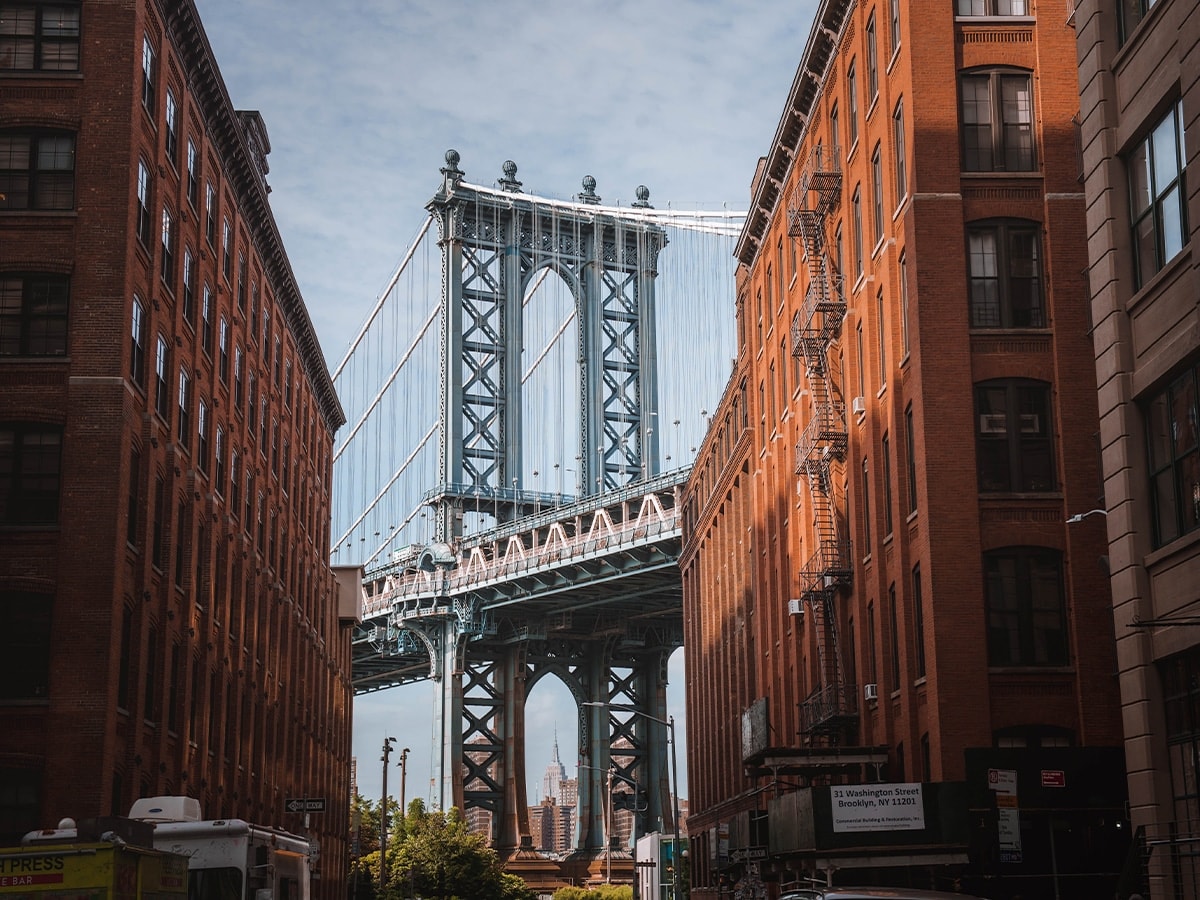





























Comments
We love hearing from you. or to leave a comment.